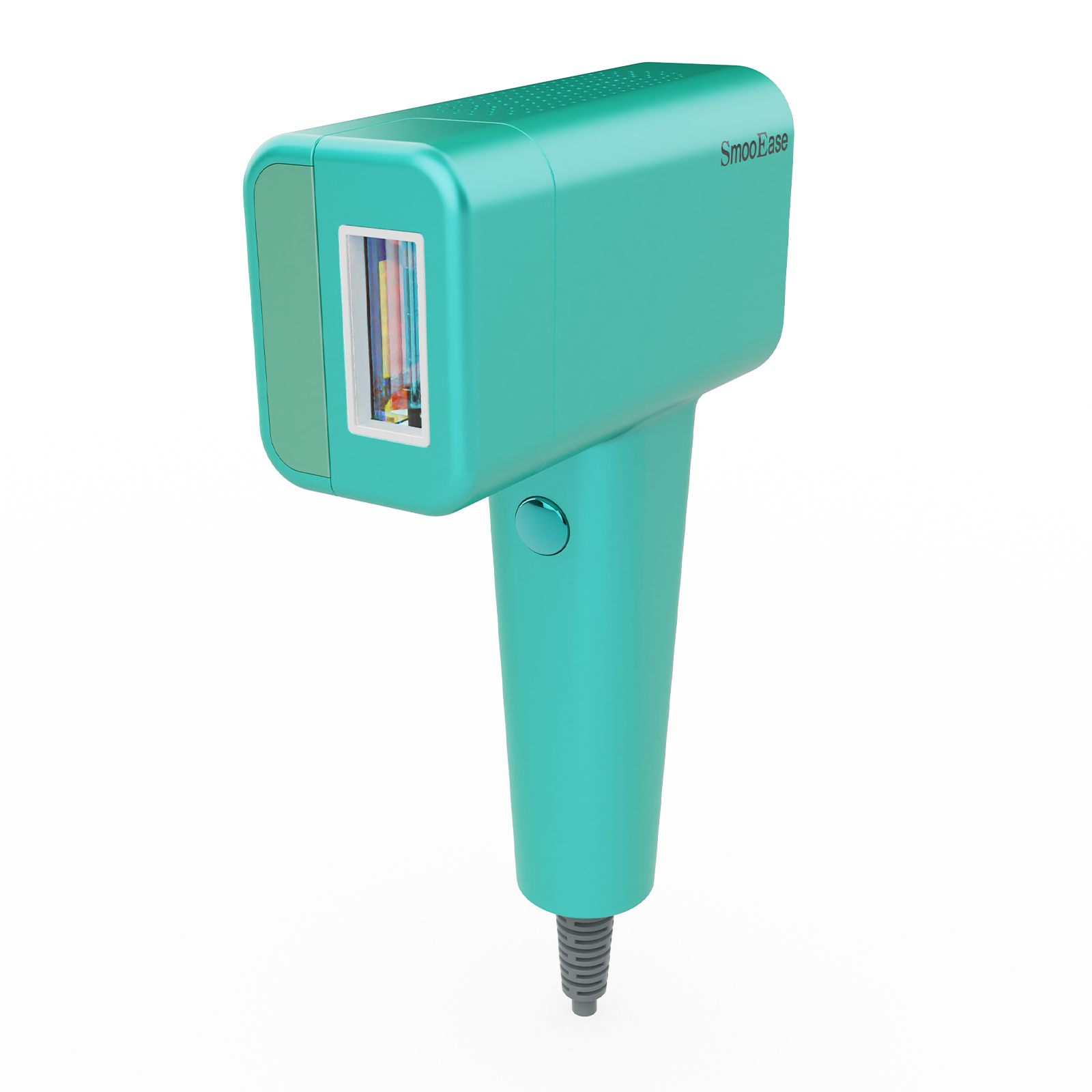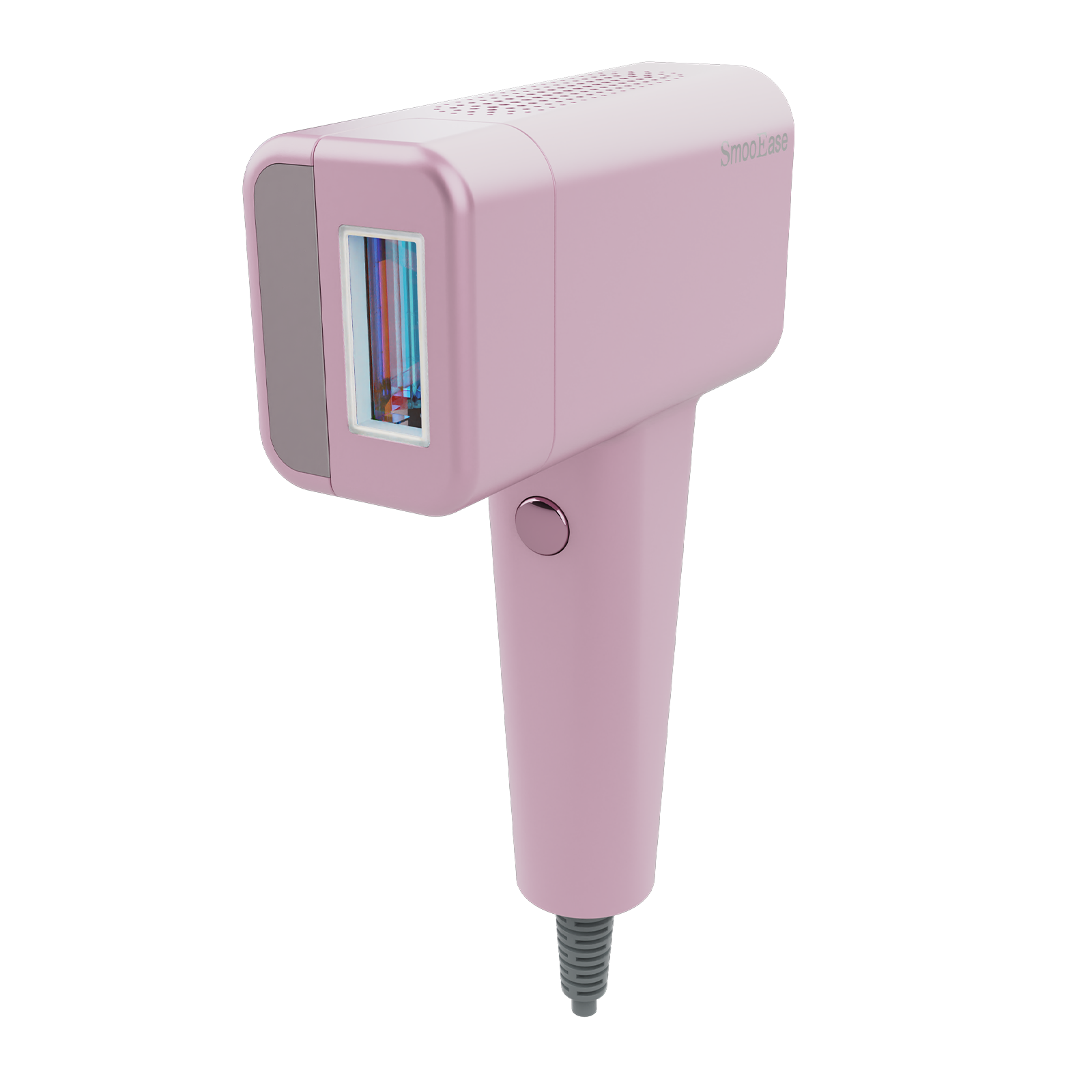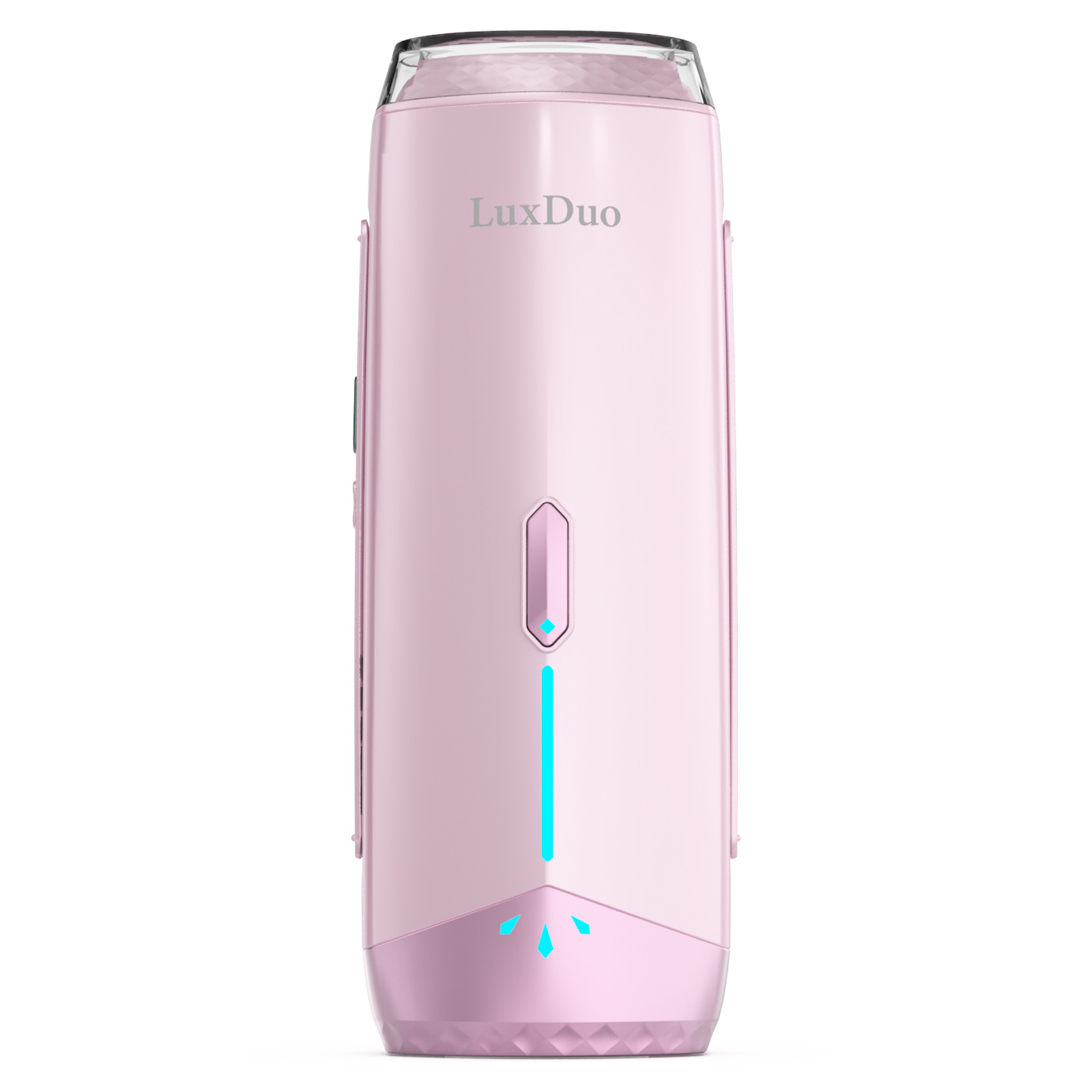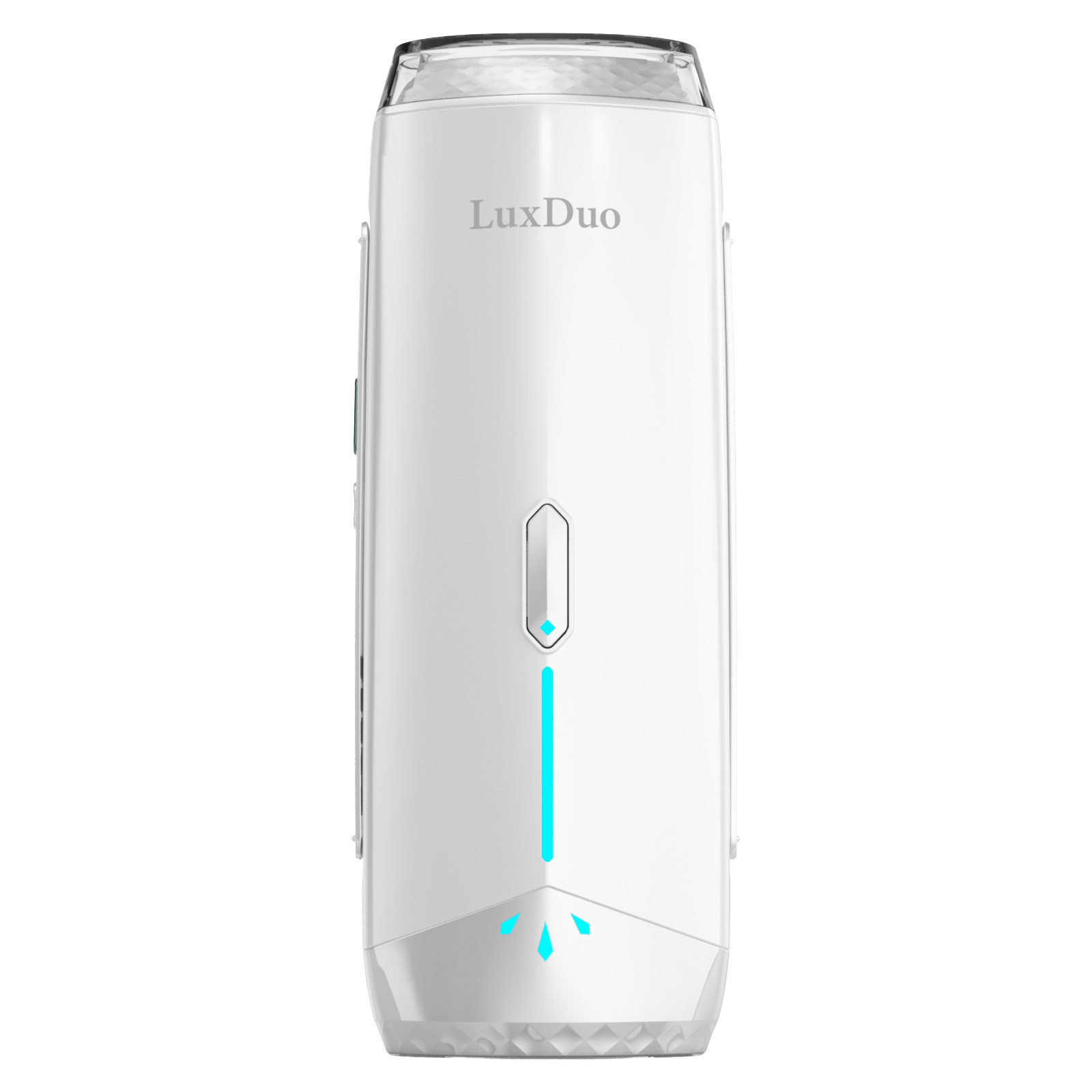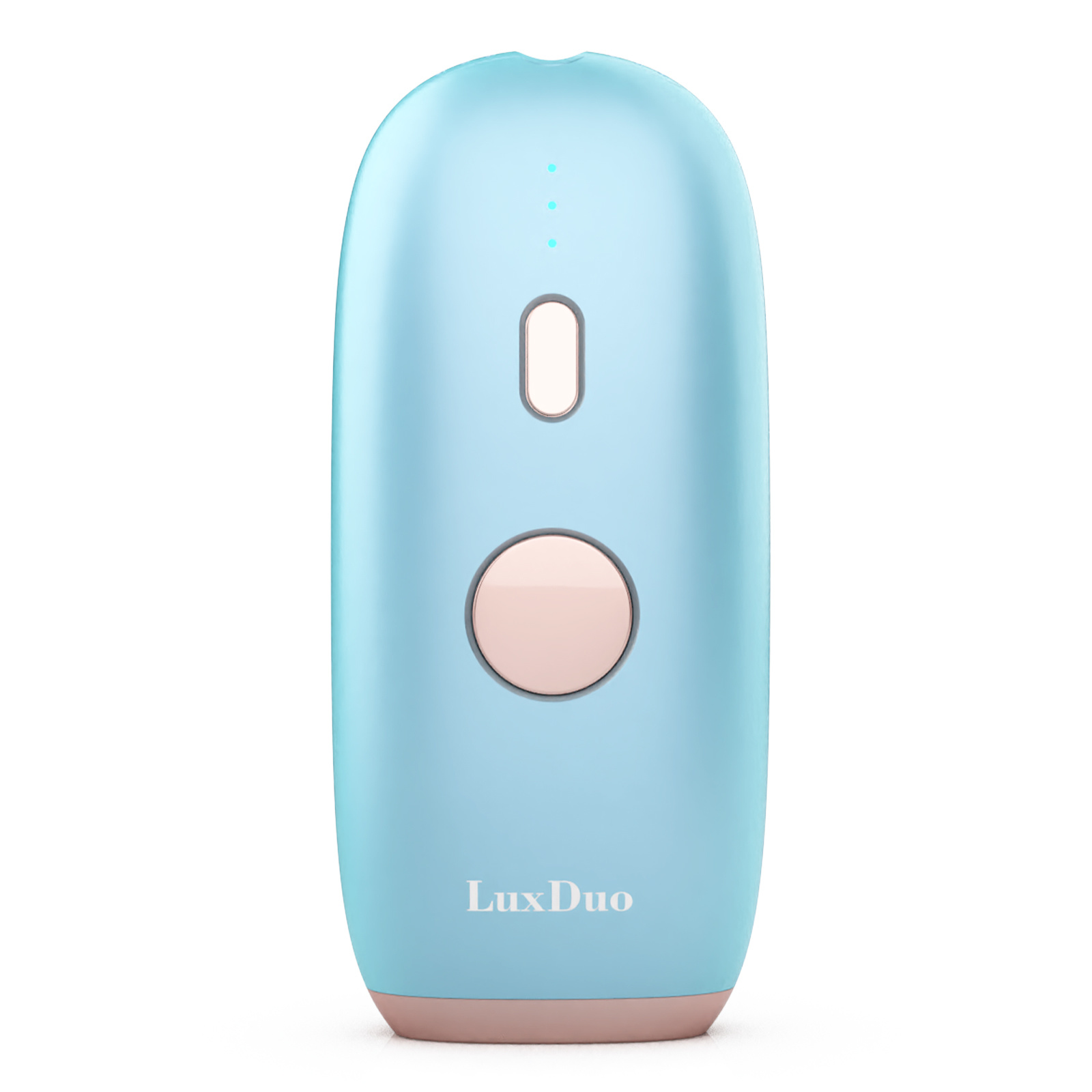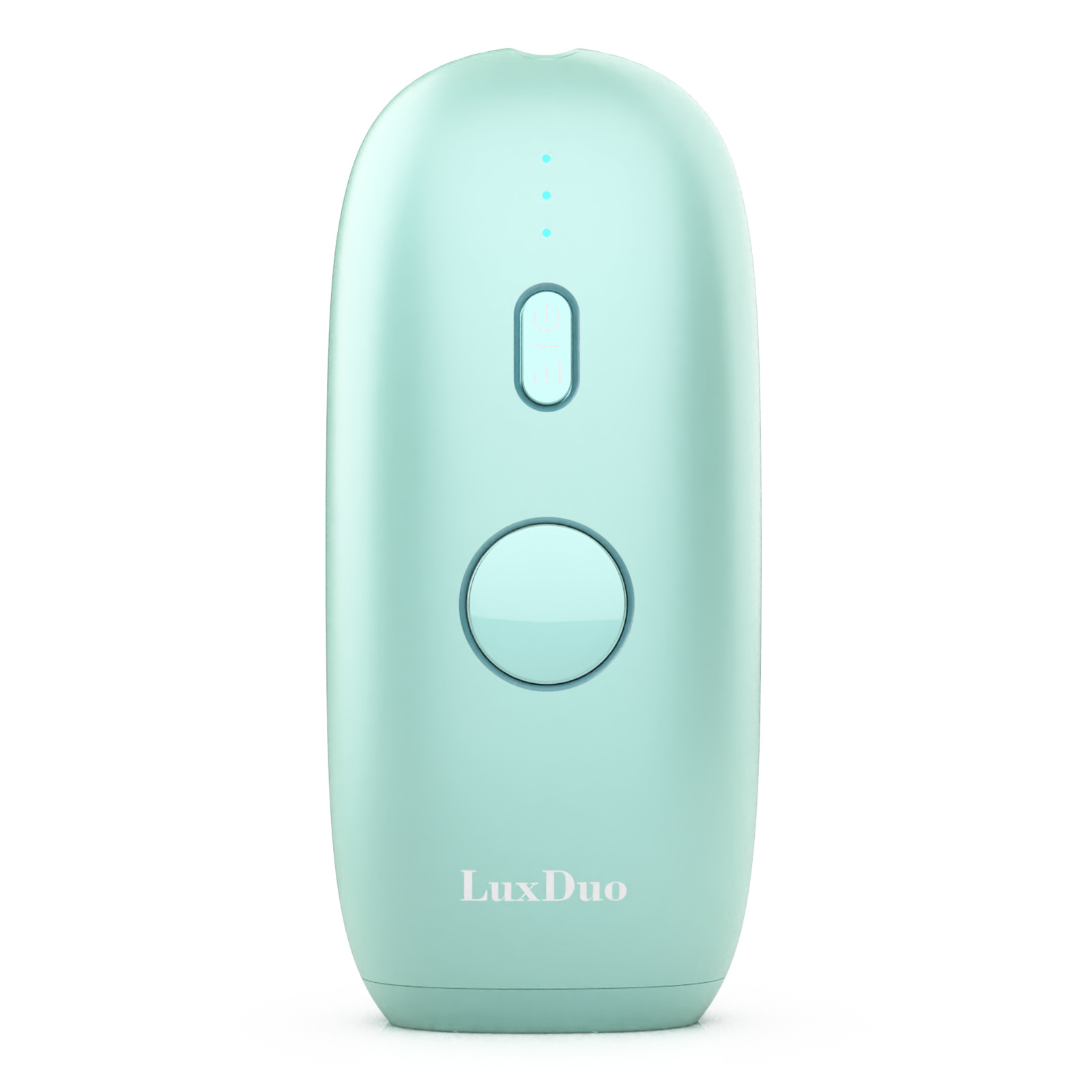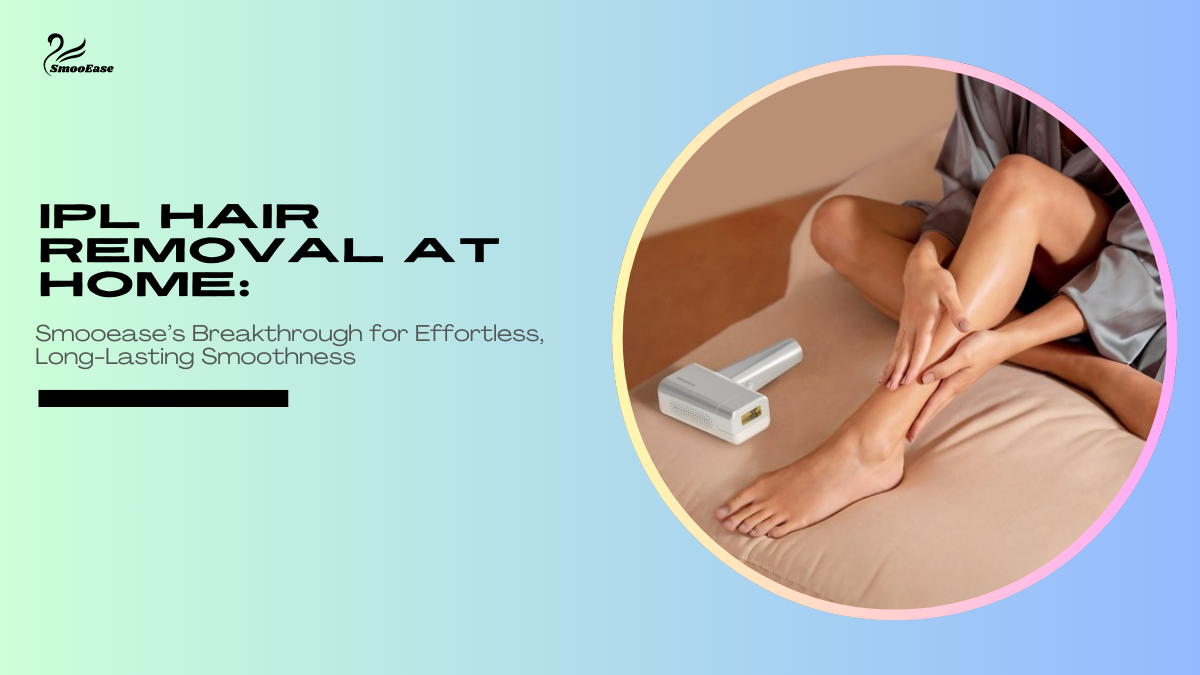The Role of Hormones in Hair Growth: A Comprehensive Guide for Women Contemplating Laser Hair Removal
The Role of Hormones in Hair Growth: A Comprehensive Guide for Women Considering Laser Hair Removal Table of Contents 1. Understanding Hormones and Hair Growth 2. The Impact of Hormones on Hair Growth 3. Common Hormonal Imbalances in Women 4. Hormones and Various Types of Hair Growth 5. How Laser Hair Removal Works 6. Benefits of Laser Hair Removal for Women 7. Considerations Before Laser Hair Re
2025-07-09
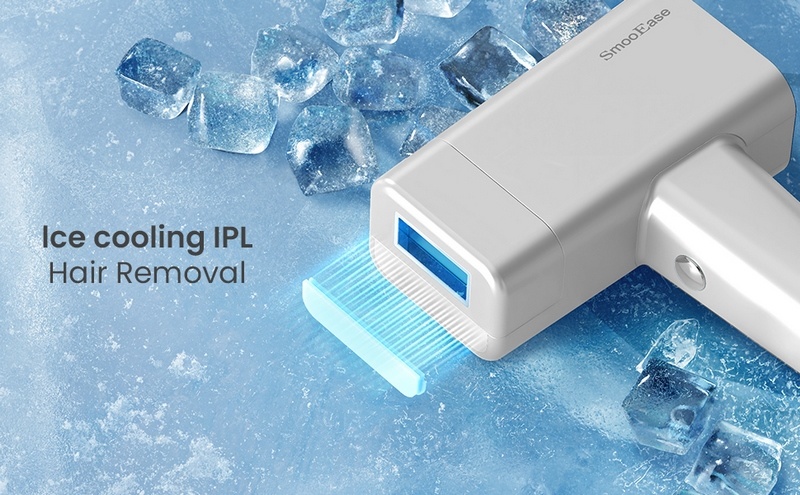
The Role of Hormones in Hair Growth: A Comprehensive Guide for Women Considering Laser Hair Removal
Table of Contents
- 1. Understanding Hormones and Hair Growth
- 2. The Impact of Hormones on Hair Growth
- 3. Common Hormonal Imbalances in Women
- 4. Hormones and Various Types of Hair Growth
- 5. How Laser Hair Removal Works
- 6. Benefits of Laser Hair Removal for Women
- 7. Considerations Before Laser Hair Removal
- 8. Conclusion
- 9. Frequently Asked Questions
1. Understanding Hormones and Hair Growth
Hormones are powerful biochemical messengers that play a critical role in regulating various bodily functions, including hair growth. In women, the balance of hormones such as estrogen, progesterone, and androgens significantly influences hair follicles' health and growth cycles. Hair growth occurs in cycles, consisting of anagen (growth), catagen (transition), and telogen (resting) phases. Hormonal fluctuations can disrupt these cycles, leading to conditions such as hair loss or excessive hair growth in unwanted areas.
2. The Impact of Hormones on Hair Growth
The relationship between hormones and hair growth is complex. Androgens, a group of hormones that includes testosterone, can promote hair growth in certain areas while contributing to hair thinning on the scalp. Conversely, estrogen supports hair growth and may counteract the effects of androgens. Understanding this balance is essential for women considering hair removal methods, particularly laser hair removal, which targets hair follicles influenced by hormonal changes.
3. Common Hormonal Imbalances in Women
Many women experience hormonal imbalances that can affect hair growth. Conditions such as polycystic ovary syndrome (PCOS) often lead to elevated androgen levels, resulting in hirsutism (excessive hair growth) and thinning hair on the scalp. Other factors like menopause, stress, and thyroid disorders can also disrupt hormonal balance, affecting hair growth patterns. Recognizing these imbalances is vital for addressing hair growth issues and determining suitable hair removal options.
4. Hormones and Various Types of Hair Growth
Hair growth can be categorized into two primary types: terminal hair, which is coarse and pigmented, and vellus hair, which is fine and often unpigmented. Hormones significantly influence the development of these hair types. For example, increased androgen levels may stimulate the growth of terminal hair in areas like the face and body, while simultaneously causing vellus hair to become more pronounced on the scalp. Understanding these differences helps women make informed decisions about hair removal techniques.
5. How Laser Hair Removal Works
Laser hair removal is a popular method for long-term hair reduction. It works by emitting concentrated beams of light that target the melanin in hair follicles. The heat generated by the laser damages the follicles, inhibiting future hair growth. This method is particularly effective for women with light skin and dark hair, as the contrast enhances the laser's effectiveness. Advances in technology have made laser hair removal a safe and efficient option for various skin tones and hair types.
6. Benefits of Laser Hair Removal for Women
Laser hair removal offers several advantages for women seeking a long-term solution to unwanted hair. These benefits include:
- **Precision**: The laser targets specific hair follicles without damaging surrounding skin.
- **Speed**: Each pulse of the laser takes a fraction of a second, allowing for quick treatments.
- **Long-lasting Results**: Many women experience permanent hair reduction after a series of sessions.
- **Minimal Discomfort**: Most patients report only mild discomfort during the procedure.
- **Reduced Ingrown Hairs**: Laser hair removal minimizes the risk of ingrown hairs that often accompany shaving or waxing.
7. Considerations Before Laser Hair Removal
Before undergoing laser hair removal, women should consider several factors:
- **Skin Type**: Different skin and hair types respond differently to laser treatment, so a consultation with a qualified professional is essential.
- **Current Medications**: Informing the practitioner about any medications, particularly those that affect hormones, is crucial.
- **Expectations**: Understanding the potential results and limitations of laser hair removal is vital for satisfaction with the procedure.
- **Cost**: While laser hair removal can save money in the long run compared to waxing or shaving, it's essential to budget for the treatment series.
- **Aftercare**: Following aftercare instructions is important for optimal results and minimizing side effects.
8. Conclusion
Understanding the role of hormones in hair growth is crucial for women contemplating laser hair removal. Hormonal imbalances can significantly impact hair growth patterns, leading to unwanted hair in certain areas or thinning on the scalp. Laser hair removal offers an effective solution, providing long-lasting results while minimizing discomfort. By considering factors such as skin type, current medications, and expectations, women can make informed decisions about their hair removal options. Ultimately, knowledge about hormonal influences on hair growth empowers women to take control of their beauty and wellness journeys.
9. Frequently Asked Questions
1. Can hormonal changes affect the success of laser hair removal?
Yes, hormonal changes can influence hair growth patterns, which may affect the results of laser hair removal. It is advisable to consult a professional about hormonal conditions before proceeding with treatment.
2. How many laser hair removal sessions are typically required?
Most women require 4 to 6 sessions for optimal results, spaced several weeks apart, depending on the area being treated and individual hair growth cycles.
3. Does laser hair removal hurt?
While experiences may vary, most women report only mild discomfort during the procedure, often likened to a rubber band snapping against the skin.
4. Are there any side effects of laser hair removal?
Common side effects may include temporary redness, swelling, or irritation in the treated area. These typically subside within a few hours to a few days.
5. Is laser hair removal suitable for all skin types?
Advancements in technology have made laser hair removal suitable for various skin types. However, a consultation with a skilled practitioner is essential to determine the best approach for your individual needs.
Relevant information
IPL Hair Removal at Home: Smooease’s Breakthrough for Effortless, Long-Lasting Smoothness
2025-02-24
How to Choose the Right Laser Hair Removal Device: A Complete Guide
2025-01-15
How to Use a Laser Hair Removal Device at Home: A Complete Guide for Smooth, Hair-Free Skin
2025-01-10



